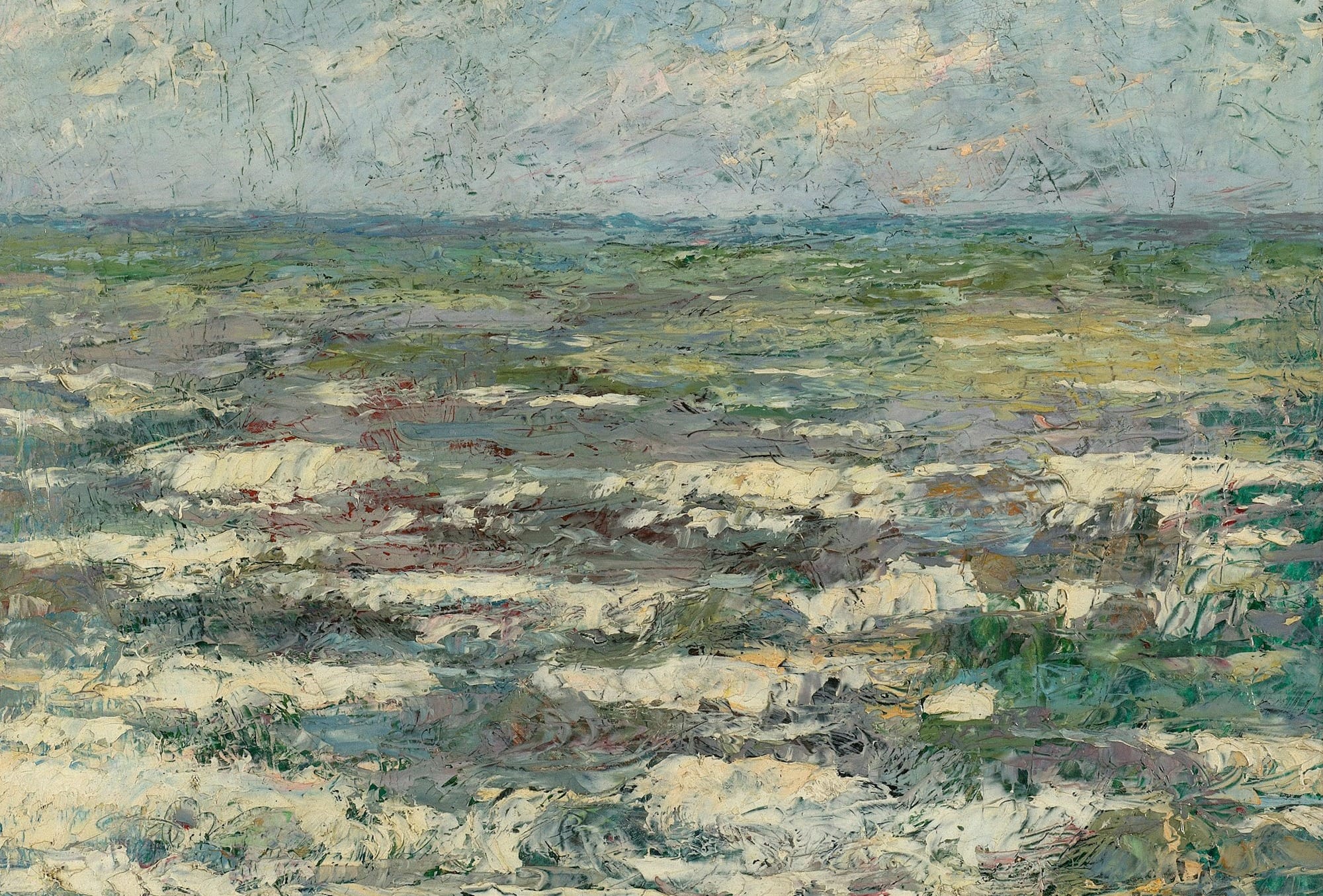Fighting The Indoctrination of a Western Upbringing.

One minute you're making plans to get food and go bowling with a friend, the next you're cancelling them because he's broken his ankle. The way this world runs on a certainty only known by its Designer, a reality in the hands of only Allah. Our understanding of this life can be recognised like a single brush stroke, insular and insignificant, whereas Allah, the Creator of the Heavens and Earth, has the entire, framed masterpiece.
Upon learning this news, my initial instinct was that of what was taught to me by parent and teacher alike - go visit him. My grandparents would have sprinted to the hospital after learning such news, for this was the custom of their time and I'm sure every generation before the one I have found myself in. Culturally it is kind, but religiously it is a must. The Prophet PBUH aptly reminds us of this interaction on the Day of Judgement;
"Verily, Allah will say on the Day of Judgment: 'O son of Adam, I was sick and you did not visit Me.' The person will say: 'O Lord, how could I visit You when You are the Lord of the worlds?'
Allah will say: 'Did you not know that My servant, so-and-so, was sick and you did not visit him? Had you visited him, you would have found Me with him.'"
Herein we find the power of this act and hence why I desired to go visit my friend with the broken ankle. As a Muslim, raised in the West, I find myself tethered by both sets of values. My British schooling calls for reluctance - let him have his space, don't impose on his family but my Islamic identity remembers of each hadith glaringly. The point of this story, and following discussion, is that Muslims growing up in the West are constantly at war with their upbringing and theological beliefs.
It may be the smallest thing like seeing a friend but when this environmental hardwiring takes over at university or in the workplace, the consequences can be destructive. Take for example shaking hands with the opposite gender; totally typical in the UK, but we as Muslims must maintain the dignity between genders and refuse to do so. If a Muslim allows his Western, cultural upbringing to overtake when his new boss outstretches her hand, then this is highly problematic.
Modesty, free-mixing, music, religious holidays, drinking, PDA, interest, liberalism; these are some things Muslims have become desensitised to. These are facets of our life that we often fail to oppose because of the slow and gnawing drip of the British culture, that has mangled our outlook towards the impermissible.
Take, for example, the Western view of neighbours and community - it is totally dissonant to that of our Islamic tradition. Community is an impersonal, cosmopolitanised pleasantry of equal dispensation amongst the ever-changing faces of these British isles. Our sad excuse for neighbourly love doesn't stem from a Godly commandment or even an upkeep of tradition but rather a maintenance of peace.
Throughout my entire upbringing here in the West, the social parameters of what is acceptable and what is not acceptable have been concretely defined. Established in friction with the Islamic tradition, Western manneristic conventions apply attention on the individual. It is neither community centred nor God fearing; Western culture when it comes to dealing with neighbours or friends simply falls short of the human expectation. Islam emphasises community, a communicable love with one's neighbours. The West values individuality, 'giving someone space' and an abutting recalcitrance are all on the list of modern British attitudes.
This troubling erosion of communal bonds; neighbours remaining strangers, a national identity left fragmented by political polarisation and a rank cultural apathy. This disconnect has fostered an isolation, weakened civic responsibility, and an undermining of the social fabric that once united our same communities. As we have turned inward, we risk losing the solidarity that has forever formed the foundation of societies.
Once again thank you for taking time to read my blog.
Faithfully, Issa.
Want to contribute to the story? Drop me a message on Instagram or email me at issaishaqblog@gmail.com 🖤

